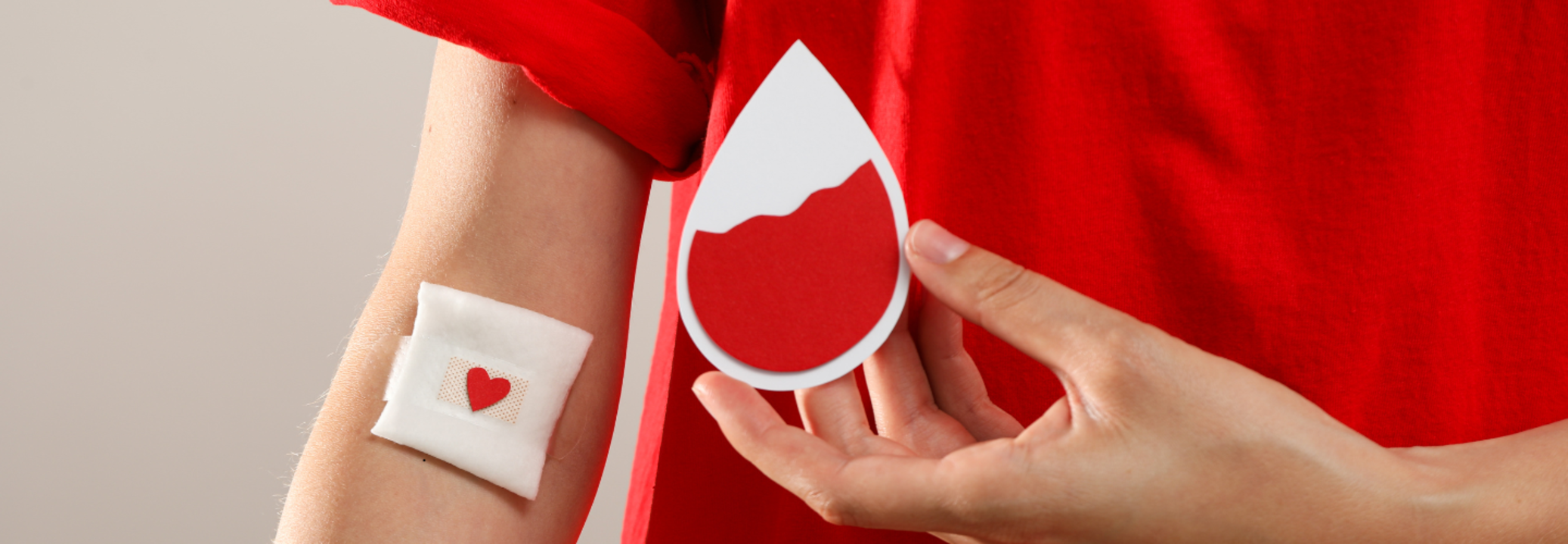World Blood Donor Day 2025: Thinking of Donating Blood? A Doctor Answers All Your Doubts

Credits: Canva
SummaryOn World Blood Donor Day, Dr. Sangeeta Pathak answers key questions about eligibility, safety, and precautions around blood donation, especially for women and first-time donors.
End of Article
